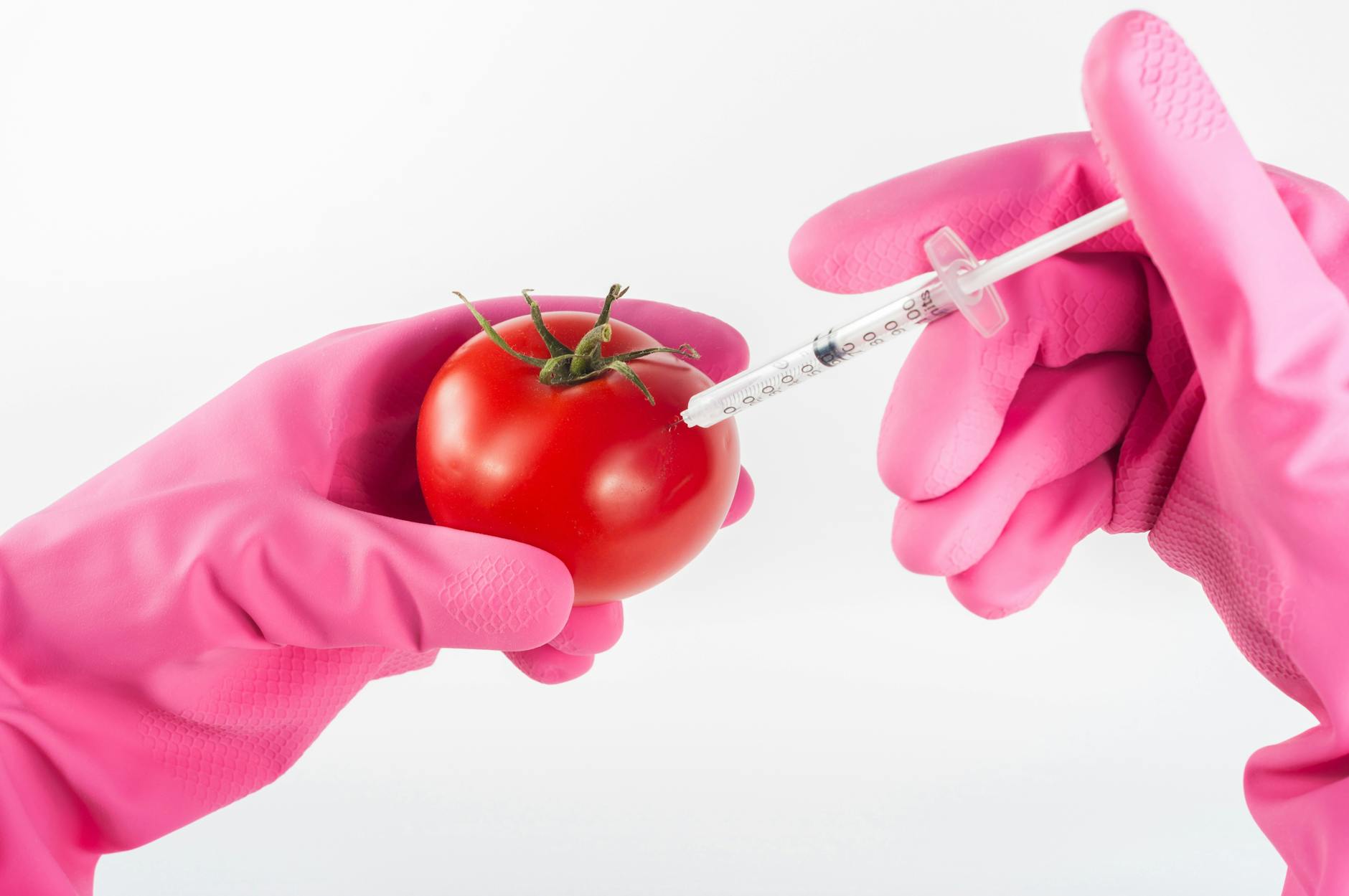The previous GM directive previously covered organisms who had an entire gene or substantial length of DNA inserted into its genome. Importantly, this directive did not include genome modifications by mutagenesis, like CRISPR. Mutagenesis is where a mutation, an error in the DNA sequence within a genome, is deliberately created, to get a new effect like bigger fruit on crops. But previously, so long as DNA was not added from another source, this was acceptable. Importantly, CRISPR does not add genetic material, it merely enacts a pin-point, highly targeted and guided mutation.


The Tropic Biosciences Team at NRP
Tropic Biosciences
Within Norfolk and Suffolk there are researchers and companies using CRISPR to develop their products. One such company in Norfolk is Tropic Biosciences, Tropic uses CRISPR to develop new species of banana crops. The extent to which they could be affected by such new EU legislation coming up is hard to judge, not only because of Brexit, but also as they would probably develop their product at the bench, and then in the tropics. So only time will tell how our region is impacted by the new directive. To find out more about Biomanufacturing click below to read to the GoBio report.

